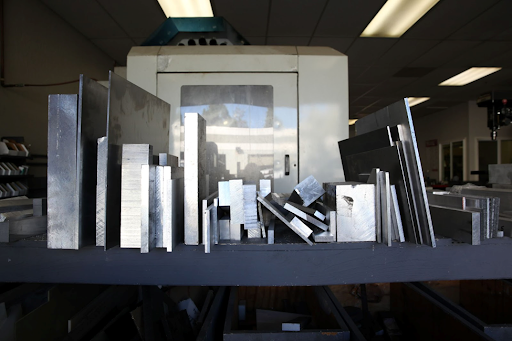About the material
101 and 110 copper alloys offer excellent thermal and electrical conductivity, which make them natural choices for bus bars, wire connectors, and other electrical applications. While 101 (also known as super-conductive copper) offers higher conductivity due to its purity (99.99% copper), 110 is generally easier to machine and thus more cost-effective.


